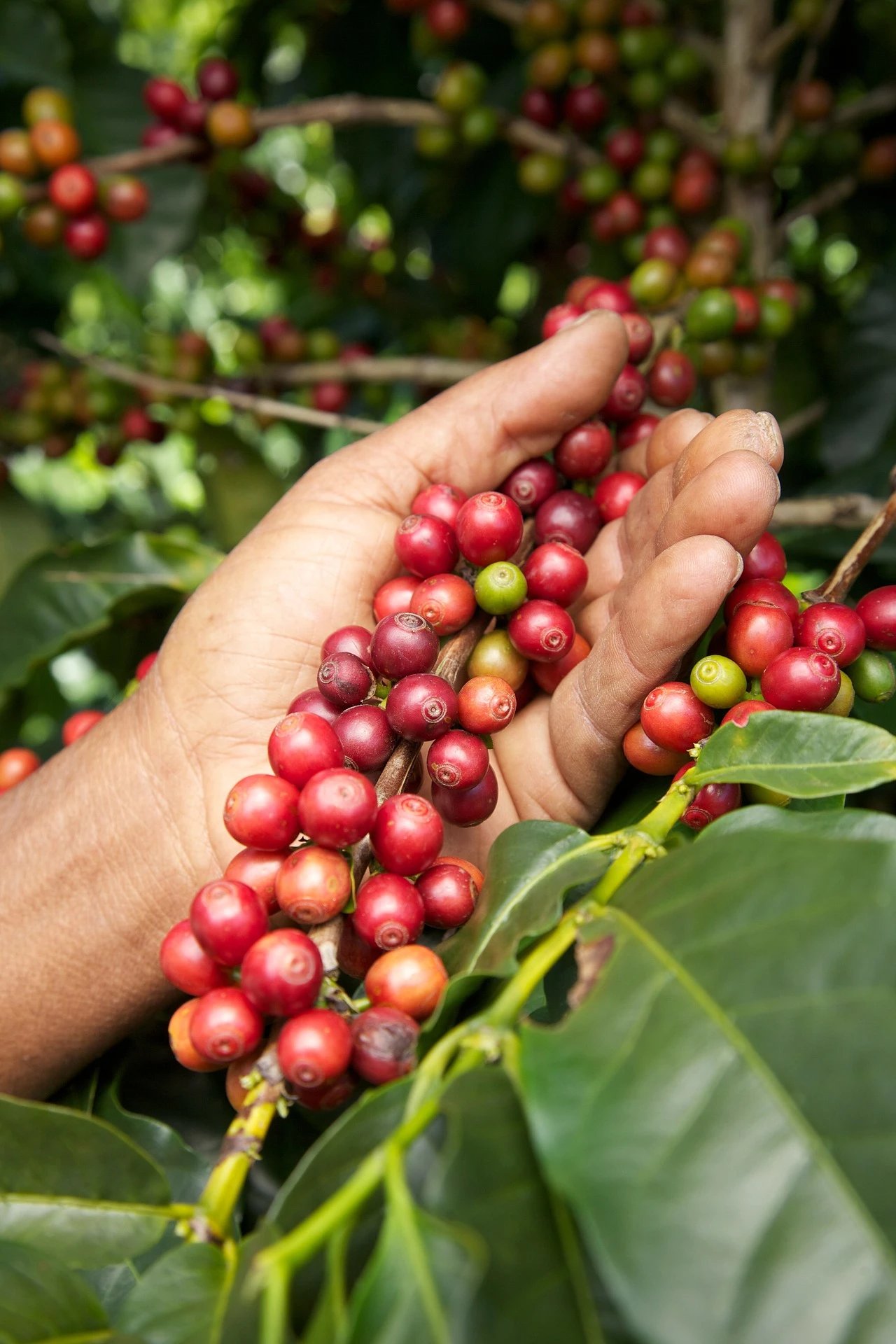
When we try to define the history of coffee, reality and fantasy are so entwined that it is difficult to set a border line. There are different myths and legends about the origin of coffee that recount how this drink, among the most widely consumed in the world today, was discovered.
One of the oldest legends about the discovery of coffee talks about the shepherd Kaldi, who came from the Ethiopian plateau of Caffa.
The myth says that the young man one day decided to go out and look for the goats in his care which had not returned to the fold. When he found them, he saw they were behaving in a strange way: the goats seemed agitated and full of energy, in a way he had never seen. When he tried to find out the reason for this strange behaviour, Kaldi realised that the goats had been eating the leaves and the small red berries of a plant that was very common in that area, but one he had never noticed until then.
 Kaldi decided to take the berries which had had the strange effects to the monastery of Chehodet to ask the monks for information; they in their turn knew nothing about the fruit and its effects. To clear the matter up, the monks decided to prepare and drink a fusion of the fruit, which took away their tiredness and sleepiness, allowing them to face the long nights of vigil and prayer with much greater lucidity.
Kaldi decided to take the berries which had had the strange effects to the monastery of Chehodet to ask the monks for information; they in their turn knew nothing about the fruit and its effects. To clear the matter up, the monks decided to prepare and drink a fusion of the fruit, which took away their tiredness and sleepiness, allowing them to face the long nights of vigil and prayer with much greater lucidity.
The drink they obtained was called “qahwa” (“that which stimulates” and “that which keeps you up”), given its stimulating effects.
A second myth of popular origin talks about Omar the “healer”.
The legend says that the man, banished from Mocha, did not want to die of hardship, so he ate the red berries of certain plants that he found near the cave where he had found shelter.
He tried to eat the fruit by boiling it in water, but it was so bitter that he threw it away. He decided to slake his thirst with the liquid he had obtained, and the result was he felt he was reinvigorated and was getting his strength back.
So as to be certain that those effects actually came from drinking that beverage, he decided to give it to an old weak pilgrim, who immediately felt re-strengthened. When the news of the extraordinary discovery came out, Omar was called back to Mocha and given full honours.
Another legend in the books is the one that tells the story of how coffee was given to Mohammed by the Archangel Gabriel to help defeat the disease of tiredness that was making him weak. According to the myth, after drinking the “divine” infusion, Mohammed regained his strength and health and was able to unsaddle 40 men and make 40 women happy.
Homer too, according to the scholars, talked about a drink that could well be coffee, that bitter drink that is “useful against displeasures, grudges and painful memories” which Helen added to the wine of Menelaus’ guests to dry their tears.